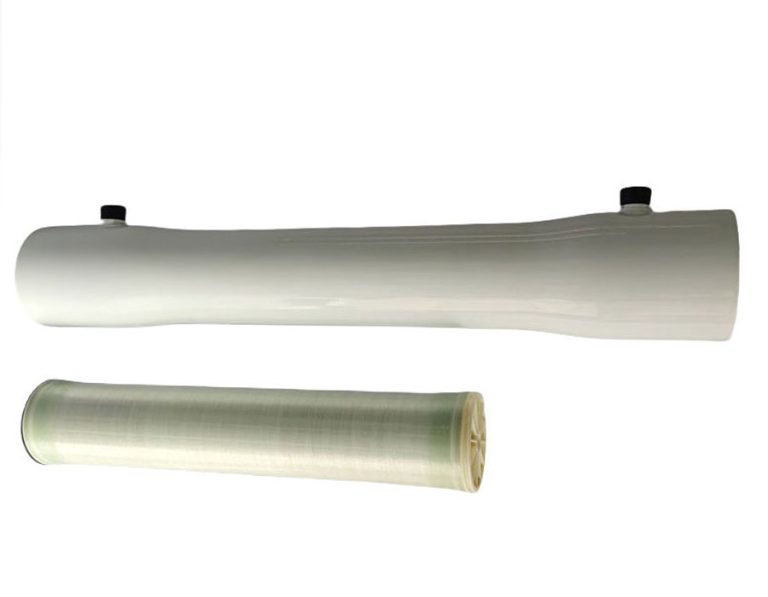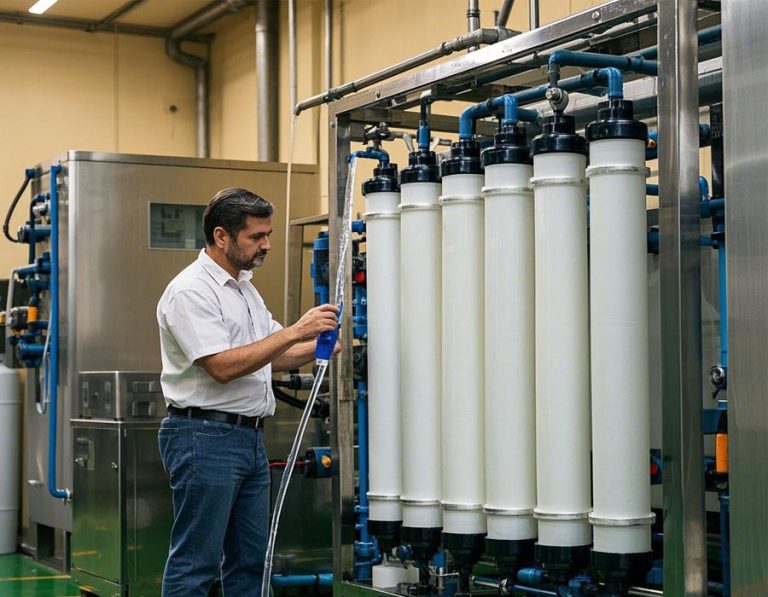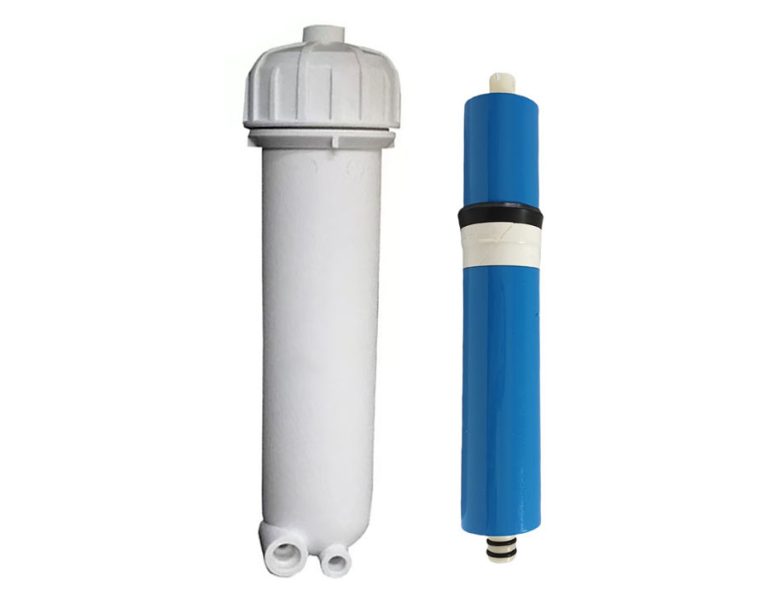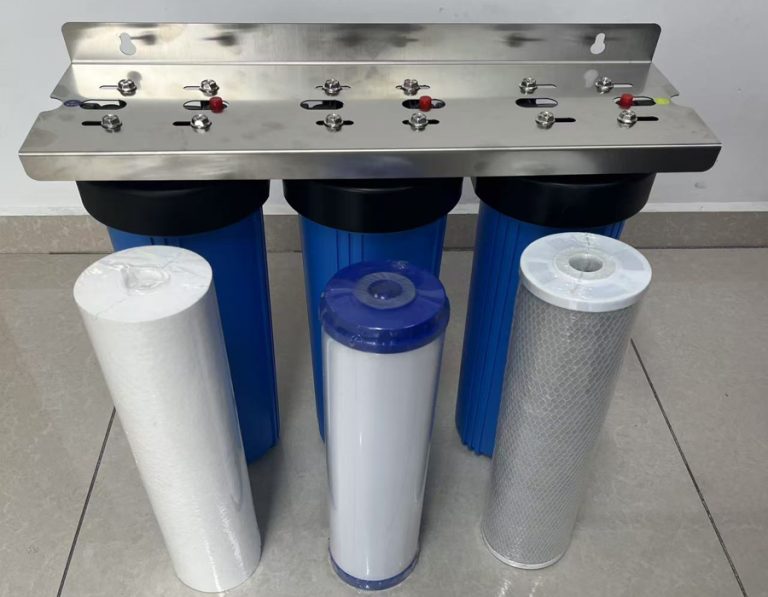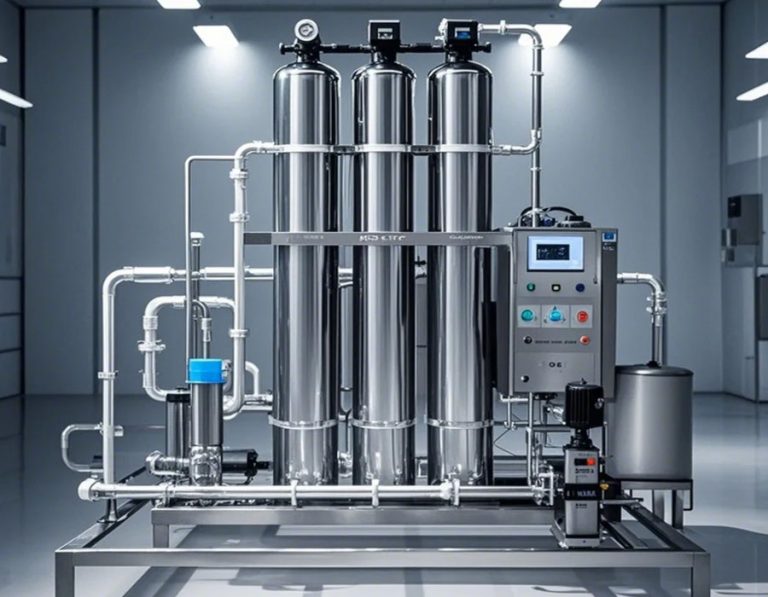One stop supplier of water treatment parts&accessories
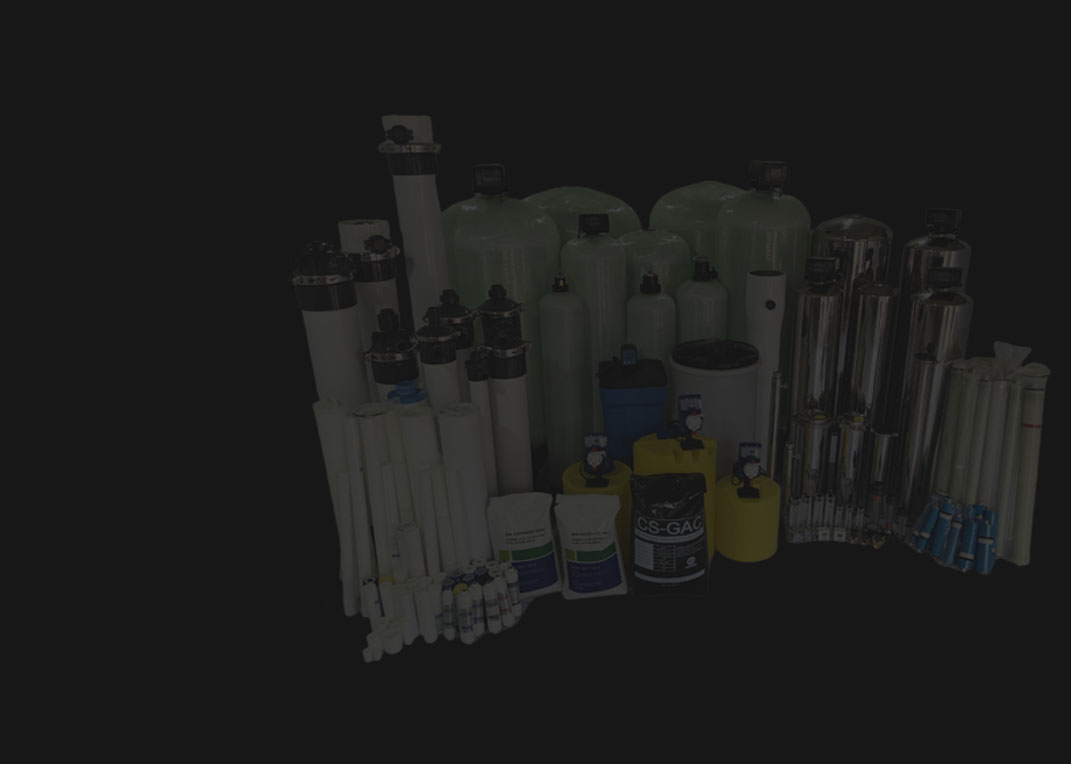
what is a water descaler
If you’ve ever dealt with limescale buildup in your pipes or appliances, you’ve probably wondered, what is a water descaler? Simply put, a water descaler is a device that prevents or reduces limescale formation in your system. Unlike water softeners, it doesn’t use salt or chemicals, making it an eco-friendly solution for hard water problems.
In this article, we’ll explore how water descalers work, their benefits, and how to choose the right one for your home. Let’s dive in!
What Is a Water Descaler and How Does It Work?
A water descaler is a device that alters the structure of minerals in hard water, preventing them from forming limescale. It uses technologies like electronic pulses or template-assisted crystallization (TAC) to achieve this. For example, electronic descalers send signals through water pipes, changing how calcium and magnesium crystals form.
Interestingly, unlike water softeners, descalers don’t remove minerals. Instead, they make them less likely to stick to surfaces. This means you still get the health benefits of minerals like calcium and magnesium.
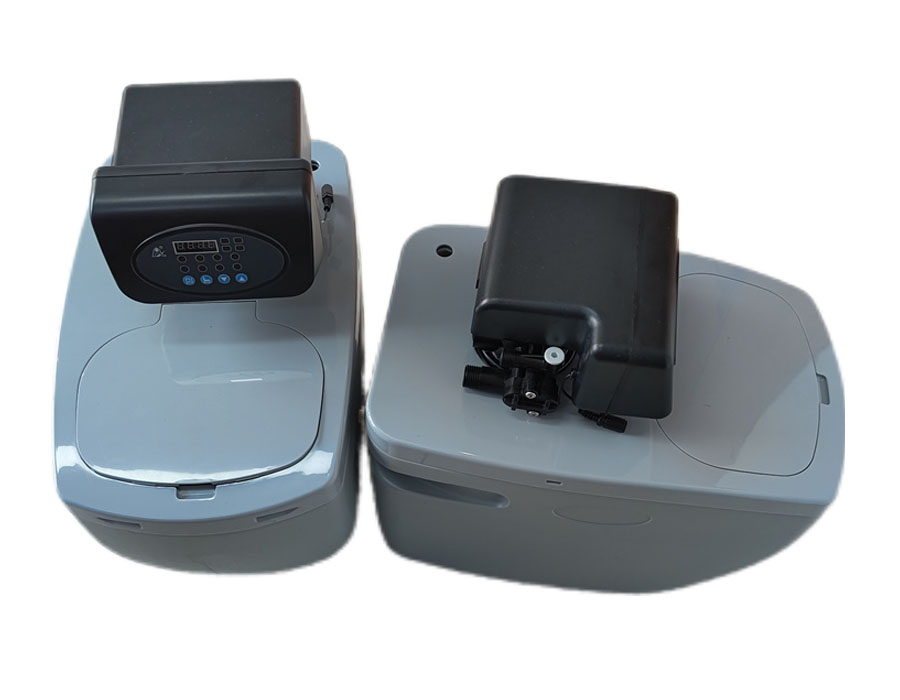
Why Do You Need a Water Descaler?
Hard water is a common issue, affecting 85% of homes in the U.S., according to the U.S. Geological Survey. It causes limescale buildup, which can damage appliances, reduce water flow, and increase energy bills. A water descaler solves these problems without the maintenance required by traditional water softeners.
For instance, in a 2023 case study, a family in Texas saved $200 annually on energy bills after installing a water descaler. Their appliances also lasted longer, proving the long-term value of this solution.
To fully understand what is a water descaler, it’s helpful to explore related terms like electronic water conditioner, limescale prevention device, and salt-free water softener. These keywords provide context and improve the article’s SEO.
Water Descaler vs. Water Softener: Which Is Better?
| Feature | Water Descaler | Water Softener |
|---|---|---|
| Technology | Electronic pulses/TAC | Ion exchange |
| Salt/Chemicals | No | Yes |
| Maintenance | Low | High |
| Cost | 200−200−600 | 500−500−1,500 |
| Eco-Friendliness | High | Low |
While water softeners are effective, they require ongoing salt refills and maintenance. On the other hand, water descalers are low-maintenance and environmentally friendly, making them a popular choice for modern homes.
How to Choose the Right : A Step-by-Step Guide
- Test Your Water: Determine the hardness level using a test kit.
- Identify Your Needs: Consider the size of your home and water usage.
- Research Brands: Look for reputable brands with good reviews.
- Compare Features: Check for warranties, installation requirements, and energy efficiency.
- Consult a Professional: Get expert advice to ensure the system fits your needs.
Common Mistakes to Avoid
⚠ Warning: Don’t assume all water descalers are the same! Some are designed for specific water hardness levels or pipe types. Also, avoid DIY installations unless you’re confident, as improper setup can reduce effectiveness.
Real-Life Example: Our Team’s Experience
In a 2025 project, our team installed an electronic water descaler in a small apartment building. The residents reported a 30% reduction in limescale buildup within three months. They also noticed improved water pressure and cleaner dishes, showcasing the practical benefits of this technology.
Transitioning to a Limescale-Free Home
However, it’s worth noting that water descalers aren’t a one-size-fits-all solution. For example, if your water has extremely high mineral content, you might need additional filtration systems. Therefore, understanding your specific situation is key.
Practical Checklist Before Buying a Water Descaler
- Test water hardness
- Determine your budget
- Research compatible brands
- Read customer reviews
- Consult a professional


